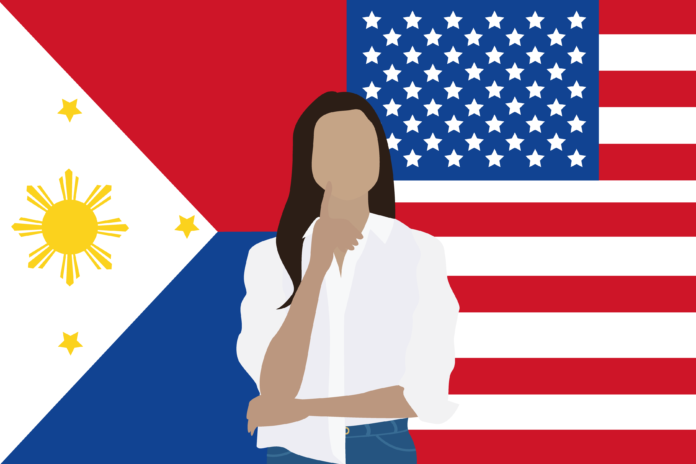Eight UC Davis Filipino cultural organizations help students feel connected to their heritage
By JELENA LAPUZ — features@theaggie.org
Filipino Americans celebrated October as Filipino American History Month. Various community leaders from different Filipino organizations on campus discussed their experience with Filipino American identity and the importance of Filipino American History Month.
Ian Guzman, a fourth-year neurobiology, physiology and behavior major and vice president of Filipinos in Liberal Arts and Humanities (FILAH), explained that FILAH promotes self-expression through the arts, such as singing, dancing, art and photography.
Guzman described his experience adapting to living in the U.S. after growing up in the Philippines.
“Living in the U.S. is definitely different than living in the Philippines because in the Philippines, you have a lot of your [extended] family around you,” Guzman said. “Living in the U.S., you’re just with your [immediate] family. You learn to be more independent.”
Guzman described that living in a new country was confusing at first.
“I felt kind of small compared to other people,” Guzman said. “As a Filipino living in the Philippines, I know where to go. In the U.S., I don’t know where to go or what to do.”
Guzman explained that having support from the Filipino American community on campus helped him to stay more present in his Filipino American identity.
“One thing I experienced was homesickness,” Guzman said. “I miss having my family and close friends around me. Having Filipino organizations here on campus is a really great way for Filipinos who grew up here to get more involved in the Filipino community and learn about our culture.”
UC Davis alumnus Wesley Sosa, who was previously the communications team lead at the Bulosan Center for Filipino Studies and the identity development coordinator at BRIDGE: Pilipinx Outreach and Retention, described his personal experience with his Filipino American identity.
“Initially, with my Filipino American identity, I didn’t really care about it because I considered myself Filipino first, considering I was born and raised in the Philippines,” Sosa said. “As I got to college and [became more involved with] Filipino American organizations, [I realized] the importance and value I have for Filipino American identity.”
Sosa explained the variety of experiences different Filipino Americans have.
“The Filipino American identity is not monolithic,” Sosa said. “Serving the Filipino American community, one of the things I realized is that Filipino Americans are different from Filipino immigrants in some capacity. Sometimes, there’s also a divide between Filipino immigrants and those who are born and raised here who are second-generation immigrants.”
Sosa added a final comment regarding the Filipino American experience.
“There is no one single correct way to be Filipino American,” Sosa said.
Third-year Asian American studies major, and gender, sexuality and women’s studies and education double minor Mattia Sayson, who is also the community cultural chair for Mga Kapatid and a community youth development coordinator for BRIDGE: Pilipinx Outreach and Retention, described her experience as a Filipinx American woman.
“Something that really hits home for me is the saying, ‘No history, no self, know history, know self,’” Sayson said. “For me, that really centers this idea of how necessary it is to understand where we came from and our roots, our ancestors and their story, and how that’s connected to who we are as individuals.”
Sayson said that her identity is constantly changing.
“My identity as a Filipinx American woman is constantly changing just because of how I come to define what that means to me,” Sayson said. “As I continue to grow, heal, unlearn and understand what it means to be Filipinx American, whether that’s in the context of living in America, whether that’s in the context of unpacking the stories and the backgrounds of my parents and my grandparents, I take a piece of what I learned from my community, now and in the past and really hold on to that.”
Sayson said that there are eight Filipino organizations on campus, which all serve unique purposes in the Davis community.
“There are eight organizations here on campus within the Filipino American community,” Sayson said. “I think what’s really special about our community and the different spaces is that while there are different spaces to target different interests and different focuses, whether that’s health careers or arts and humanities or religion, these conversations in these spaces are really open to anyone.”
Sayson shared why October is such an important time for all to remember Filipino American heritage.
“This month is a reminder that we have so much to celebrate because we would not be here without the legacies and the histories before us,” Sayson said. “October is only one chance to do that. Every chance we get, we should really celebrate our history and our story.”
Written By: Jelena Lapuz — features@theaggie.org
Correction: An earlier version of this story featured in our print issue included the incorrect graphic. The versions on our website and our digital issue have been updated to correct the error.





